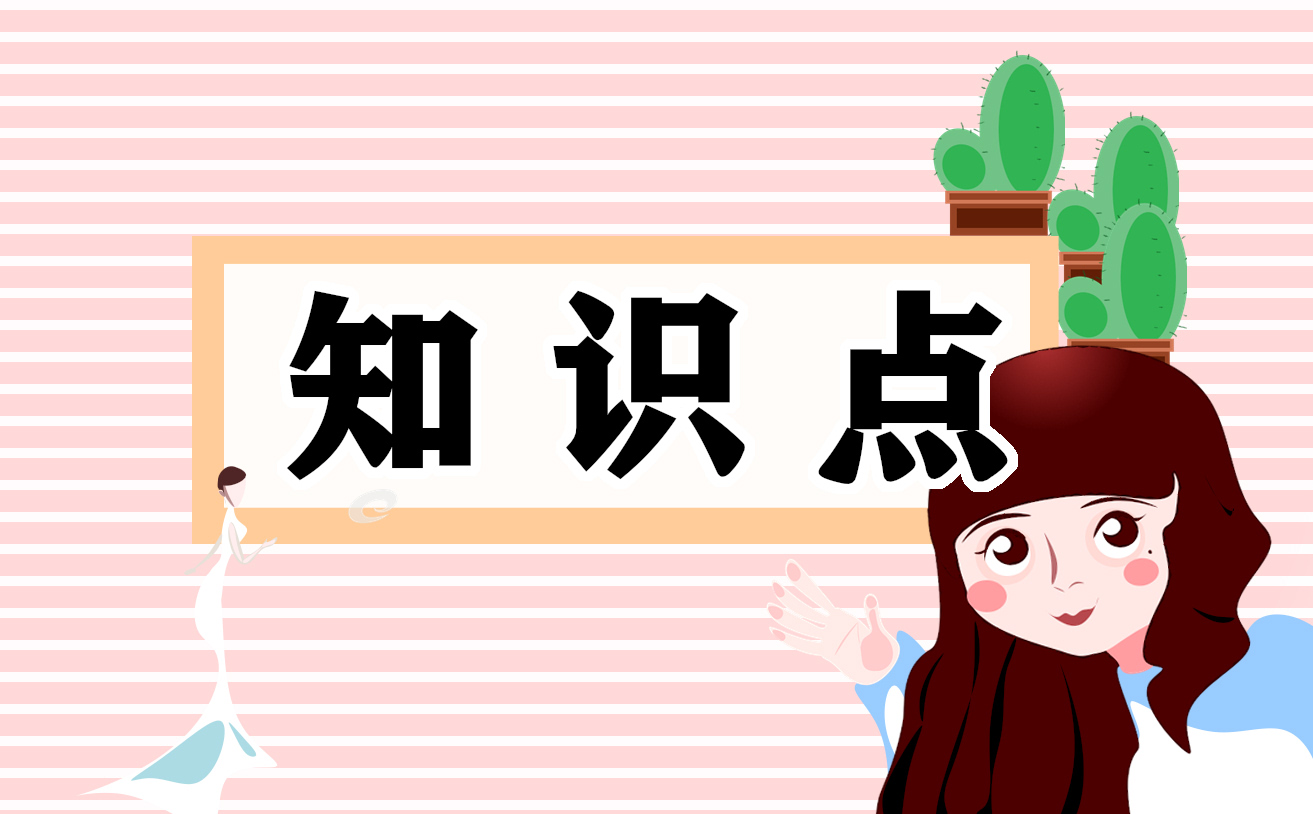初一英语月考考点知识点
提高我们的学习效率并非一朝一夕之事,需要长期的探索和积累。前人的经验是可以借鉴的,但必须充分结合自己的特点。下面小编为大家带来初一英语月考考点知识点,希望对您有所帮助!

初一英语月考考点知识点
一、基数词(表示数量多少的词,大致相当于代数里的自然数)
zero, one, two, three, four, five, six, seven, eight, nine, ten, eleven, twelve, thirteen, fourteen, fifteen, sixteen, seventeen, eighteen, nineteen, twenty, twenty-one, twenty-two, twenty-three,twenty-four, twenty-five, twenty-six, twenty-seven, twenty-eight, twenty-nine, thirty, forty, fifty, sixty,seventy, eighty, ninety, one hundred,one hundred and one。
二、一般疑问句及特殊疑问句
1、一般疑问句:能用Yes或No来回答的问句。一般疑问句句尾读升调。
2、特殊疑问句:不能用Yes或No来回答的问句。特殊疑问句句尾读降调。
三、可数名词变复数
可数名词变复数时,有规则变化和不规则变化两种。
1、规则变化:
1)一般情况直接在词尾加“-s ”,如:cake-cakes, bag-bags, day-days, face-faces, orange-oranges等;
2)以s, x, sh, ch结尾的词,要在词尾加“-es ”,如:bus-buses, watch-watches, box-boxes等;
3)以辅音字母加y结尾的词,变y为i再加“-es ”,如:baby-babies, country-countries, family-families等;
4)部分以f (e)结尾的词,变f (e)为“ves ”,如:knife-knives, half-halves等;
5)以o结尾的词,加“-s ”或“-es ”,如:zoo-zoos, photo-photos, tomato-tomatoes, potato-potatoes等。记忆口诀:除了“英雄”hero外,凡是能吃的,加“-es ”,不能吃的加“-s ”。
2、不规则变化:
1)改变单数名词中的元音字母:man-men, woman-women, foot-feet, tooth-teeth等;
2)单、复同形:sheep-sheep, Chinese-Chinese, Japanese-Japanese等;
3)其他形式:mouse-mice, child-children等。
初一英语期中知识点
1、一般现在时 表示普遍、经常性的或长期性的动作时使用一般现在时,它有:
Be 动词:She's a worker. Is she a worker? She isn't a worker.
情态动词:I can play the piano. Can you play the piano? I can't play the piano.
行为动词:They want to eat some tomatoes. Do they want to eat any tomatoes? They don't want to eat any tomatoes.
Gina has a nice watch. Does Gina have a nice watch? Gina doesn't have a watch.
2、现在进行时 表示动词在此时正在发生或进行就使用进行时态,结构为sb be v-ing sth + 其它.
I'm playing baseball. Are you playing baseball? I'm not playing baseball.
Nancy is writing a letter. Is Nancy writing a letter? Nancy isn't writing a letter.
They're listening to the pop music. Are they listening the pop music? They aren't listening to the pop music.
初一英语上册知识点
1)问候语:
Good morning/ afternoon/ evening.
How are you?---Just OK, thank you. How are you?---Not bad, thanks.
Hi! Hello! How do you do?
2)道别用语:
Nice/ Glad to meet/ see you.(meet用于初次见面,see用于熟人间)
Nice to meet/ see you, too.
Goodbye. Byebye. Bye. See you (later/ tomorrow/ next time)! So long! Good night!
3)介绍人或者物的句型:This is...
4)Excuse me.与I'm sorry.的区别:
Excuse me.是要引起对方的注意,而I'm sorry.则是向对方道歉。
5)词组be from = come from
6)当问句中问到this/ that时,回答要用it;问到these/ those时,要用they来回答。 例如: What's this in English?----It's an eraser.
What are those?----They are books.
7)对Thanks.的回答:That's OK./ You're welcome./ My pleasur.
8)look the same = have the same looks
give sth. to sb. = give sb. sth.
be like = look like
in the tree/ on the tree (树上结的、长出来的用on,否则用in)
in red(穿着红色的衣服)
